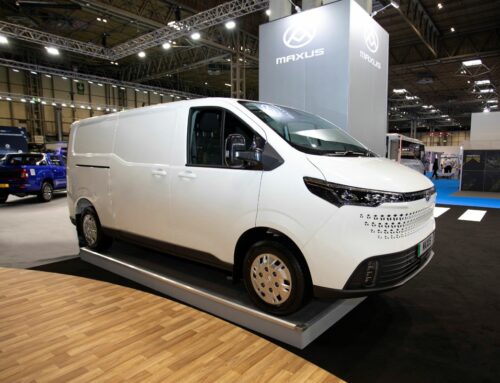
Telematics sytems hook up with GPS and wireless communications so you can keep track of your business vans
MANAGING your business van fleet is important. But is it your top priority? Probably not.
Running a small business pulls you in lots of directions. So you’re unlikely to devote more time to fleet management than is strictly necessary. But what if there was a way to make it easier?
What if – as well as being easier – you could cut fuel costs, improve safety, boost customer satisfaction and increase productivity? It’s all possible and companies are doing it all the time. How?
By using telematics and smart fleet management technology.
Most telematics systems hook up GPS with wireless communication and emerging technologies to put all the important facts and figures about your business van fleet at your fingertips.
Telematics can tell you which van is where, what speed it’s doing (or if it’s parked up), how much fuel it has been using, how it’s being driven, even whether the van has developed a fault.
You can call up this info on screen, say in the office, as it’s actually happening. And you can analyse it later, too. Telematics makes it easier to take the right decisions and manage your business van fleet.
But can telematics help cut your fuel bill? Yes.
How the RSPCA saved £56,000 in 6 months
Witness the RSPCA. This animal welfare charity may have a large fleet, but as a not-for-profit organisation that relies on donations, it must make every penny count – exactly like a small business. And investing in a telematics fleet management solution has cut the RSPCA’s fleet fuel bill significantly.
The RSPCA went for a solution called GeoManager supplied by Trimble Field Service Management. In the first six months, the charity saved 40,000 litres of fuel. In hard cash: about £56,000.
Sure, it’s a big fleet (730 vehicles, mostly vans) but it’s also a big saving.
What are the benefits?
- Fuel saving
- Better route planning
- Monitoring driving styles
- Improved productivity and safety
Let’s scale that down. Say you run five vans on your business fleet. That’s a fuel saving of more than £750 a year.
A 50-vehicle pilot of GeoManager showed the RSPCA how much fuel was being wasted by vehicles idling: £233 per week. Get your drivers to switch off the engine when stationary, and the savings are clear. Telematics tells you which drivers are – and aren’t – running the engine while stationary.
The RSPCA’s fuel saving also includes more efficient deployment of vehicles. Its telematics fleet management solution enables better route planning. Also, the office can see where every van is at any given moment, so when an emergency call comes it, the closest van can be dispatched.
How would telematics work for you?
On a small, hard-worked fleet doing, say, deliveries or call-outs, the benefits are obvious. It means better use of your limited resources. And getting your vans to customers promptly is good for business, too.
Telematics also helps you identify anyone who’s giving it a bit too much welly – accelerating or braking harshly, taking the corners fast and even breaking speed limits. If they are, you can have a word. Safety first.
Telematics won’t be right for van management in every business and but it’s worth doing to sums to see if the savings outweigh the investment for you.
As Mark Forrest, general manager of Trimble Field Services Management, says: “There are a multitude of solutions available to help streamline field service operations. Fundamentally, enabling drivers to do their job more efficiently, effectively and safely through the deployment of field and fleet management technologies facilitates lower cost and better service, leading to long-term success for the entire business.”






Leave A Comment